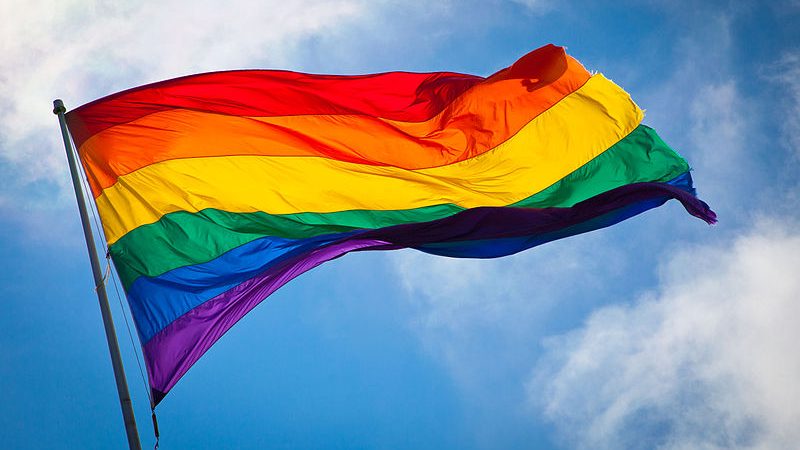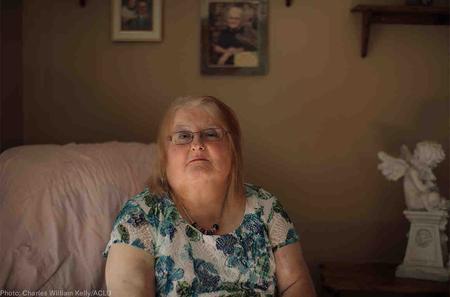Supreme Court Ruling A Big, But Unexpected, Victory for LGBTQ Rights
The court’s ruling states that gay and transgender people are protected from employment discrimination under federal law.

In an opinion written by Supreme Court Justice Neil Gorsuch, gay, lesbian and transgender people gained protection against employment discrimination Monday under the Civil Rights Act of 1964.
“I cried. And I cried because this is a monumental day for LGBTQ people. It’s just really beautiful.” — Lilianna Reyes, Ruth Ellis Center
Aimee Stephens, a trans woman from Michigan, was a plaintiff in the combined case. She was fired from a local funeral home after telling her boss that she was transgender and would present herself at work as a woman. While Stephens was present for oral arguments last Fall, she recently passed away at the age of 59.
Listen: SCOTUS rules LGTBQ people are protected from employment discrimination under the law.
Guests
Jay Kaplan, ACLU of Michigan LGBT Project staff attorney, says Stephens wanted to make a difference in the lives of transgender people.
“I know that that was one of her greatest wishes was to live long enough to read the decision in this case,” says Kaplan.
“I think it’s a very positive sign because we see that the court can work, and it can work despite the ideologies of the various justices.” — Jay Kaplan, ACLU
The ruling was a significant development for LGBTQ rights, but Kaplan says there is still a long way to go.
“We need to amend our state’s civil rights law to have the explicit mention of sexual orientation and gender identity so that we don’t have to leave it up to the interpretation of courts,” says Kaplan. Going forward, he says, the ruling sets a promising precedent for future LGBTQ discrimination cases. “I think it’s a very positive sign because we see that the court can work, and it can work despite the ideologies of the various justices.”
Lilianna Reyes, the program director at the Ruth Ellis Center, says that growing up in Saginaw and transitioning at 17-years-old, she’s experienced a mix of injustice and discrimination. On the ruling, Reyes says that Stephens created a legacy that we are all going to benefit from.
“I cried,” Reyes says. “And I cried because this is a monumental day for LGBTQ people. It’s just really beautiful.”
Through her work at the Ruth Ellis Center and Trans Sistas of Color Project, Reyes emphasizes the importance of young LGBTQ people having a place to be protected, cared for and seen. “This particular decision allows young people who might not see the gender binary to dream a little bit,” says Reyes.
Dahlia Lithwick writes about the courts and the law for Slate and hosts the podcast Amicus. The emphatic ruling came as a surprise to Lithwick and many others who have been carefully covering the Supreme Court.
“The overwhelming feeling coming out of oral argument was that plaintiffs were going to lose. So it was a surprise,” says Lithwick. The ruling, Lithwick says, shows the splintering factions of the late Justice Antonin Scalia’s textualist interpretation of the Constitution. “It’s almost like you can see the ghost of Scalia fighting with itself,” says Litchwick.
Trusted, accurate, up-to-date
WDET is here to keep you informed on essential information, news and resources related to COVID-19.
This is a stressful, insecure time for many. So it’s more important than ever for you, our listeners and readers, who are able to donate to keep supporting WDET’s mission. Please make a gift today.

